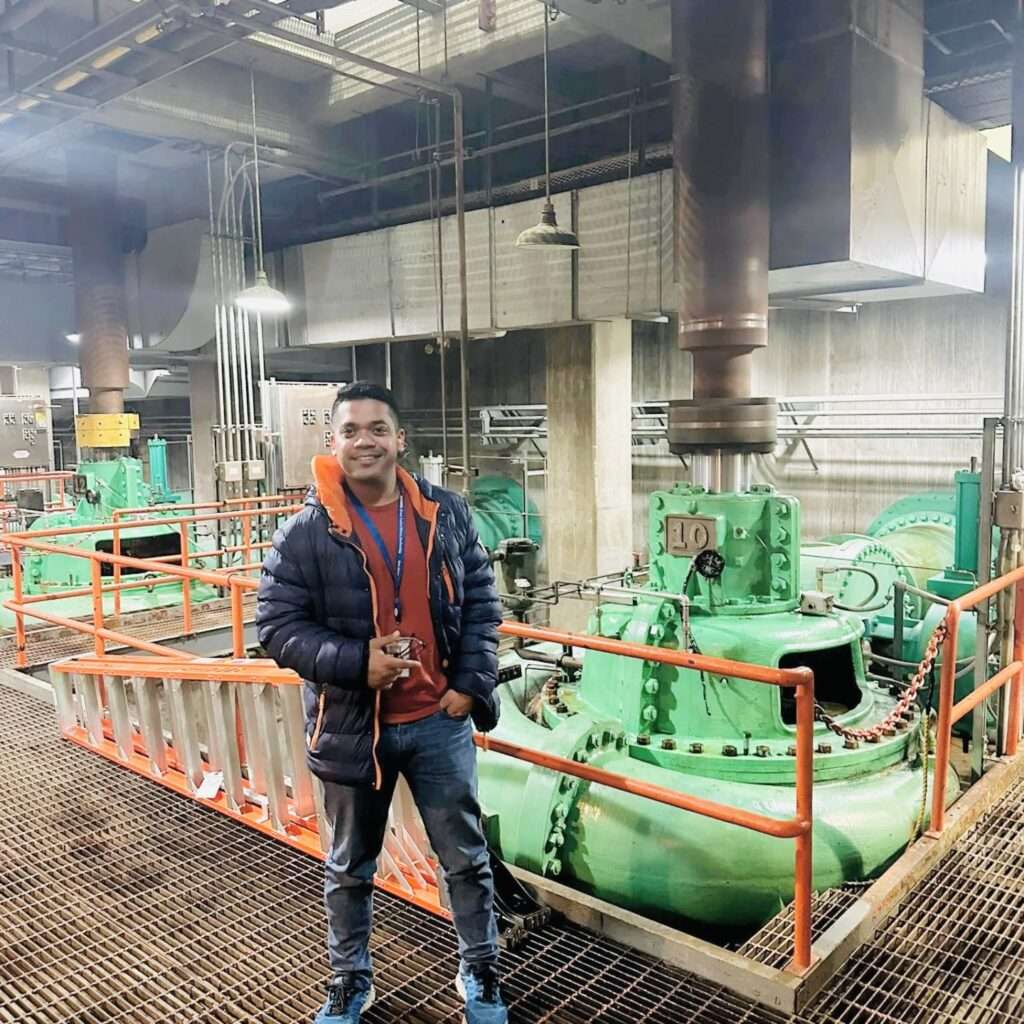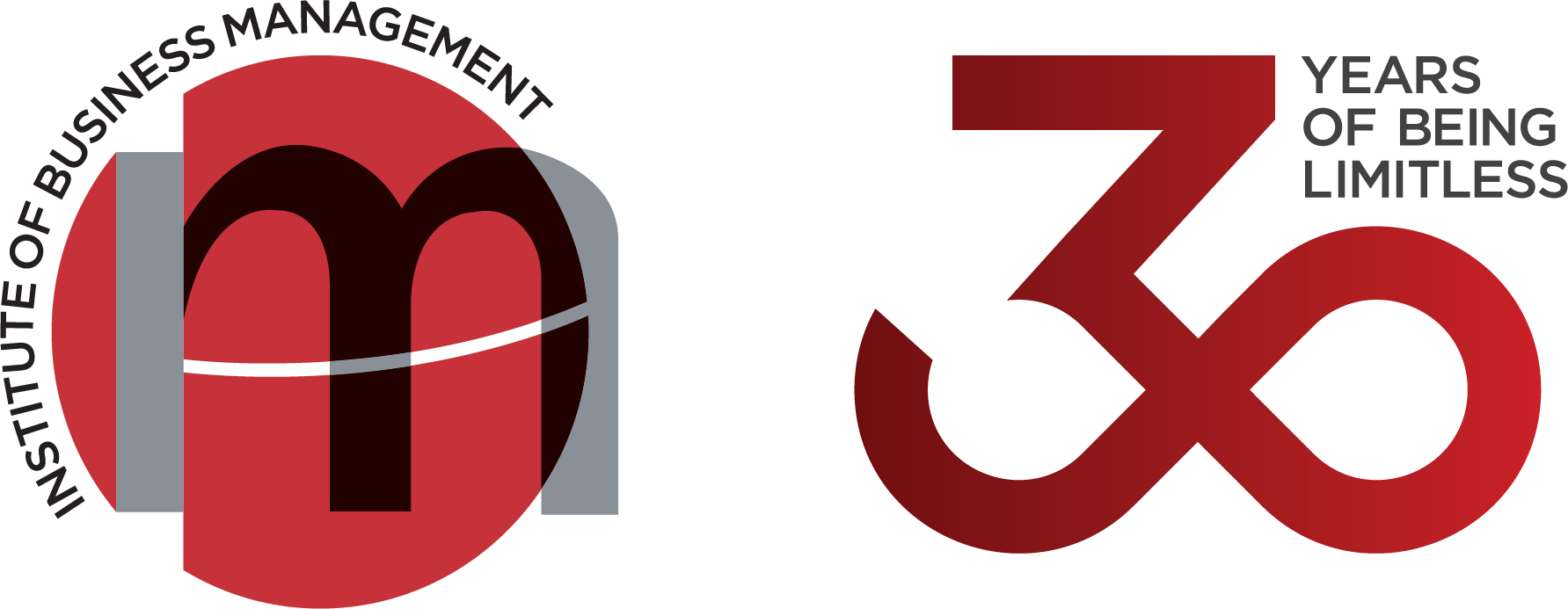
S. M. Abdul Basit Imam, an alumnus of the Institute of Business Management (IoBM), has brought his university pride through his outstanding contributions to industrial automation in the United States. A graduate of the Bachelor of Engineering program in Electrical Engineering (Class of 2019) from IoBM’s College of Engineering and Sciences (CES), Basit has made remarkable progress in advancing automation systems for foundry operations.
In the challenging world of foundry manufacturing, Basit addressed one of the most common issues in the industry: sudden machine downtime caused by unpredictable faults. These unexpected halts often resulted in significant production losses and made troubleshooting difficult. He also tackled one of the most demanding aspects of automation, handling molten aluminum safely and accurately. By integrating robotic arms, PLC-based control systems, and advanced safety measures aligned with OSHA standards, he helped improve efficiency while minimizing human exposure to hazardous environments.
Reflecting on his journey, Basit shared that his time at IoBM played a central role in building his technical foundation and problem-solving mindset. “Coming from a lower-middle-class background, pursuing higher education was not easy,” he said. “IoBM’s need-based and merit scholarships, as well as the Sindh Endowment Fund, made it possible for me to continue my studies. The supportive environment, dedicated teachers, and hands-on learning approach at CES helped me grow as an engineer and as a person.”
His recently published article in the Palmer Journal presents an innovative real-time HMI diagnostics and data acquisition system that connects PLCs with Ignition software. This system allows operators to detect faults instantly, monitor machine performance in real time, and keep a complete record of production activities, and creates separate protected screens for Engineers and managers. Also, they can manage it through mobile applications and a website. The innovation was showcased at the ISA Foundry Automation Expo in Atlanta, where it received recognition from industry professionals for its role in improving efficiency, safety, and reliability in manufacturing operations.
Currently, Basit is leading the design, integration, installation, and commissioning of a fully automated aluminum pouring and filling system at one of the top leading foundries in the United States. The project involves using KUKA robotic arms alongside 3R and 6R robotic systems, all integrated through PLCs, to manage molten aluminum with precision and safety. These robots perform all pouring and filling tasks autonomously, equipped with automatic tool-changing features that allow continuous operation while keeping workers safe and maintaining full OSHA compliance.
This foundry is known for producing high-quality aluminum cast components for critical sectors such as aerospace, defense, and transportation. The new automation system is designed to complete each casting cycle in under three minutes, significantly improving production speed, consistency, and safety. More importantly, it removes the need for direct human contact with molten metal, creating a safer and more efficient workplace.
Looking ahead, Basit aims to apply his expertise to help modernize Pakistani foundries as well. He believes that introducing similar automation technologies in Pakistan can not only improve production quality and worker safety but also strengthen the country’s industrial competitiveness on a global scale.
Basit’s work represents a major step forward in bringing intelligent and safe automation to American foundries. His efforts support the vision of strengthening “Made in the USA” manufacturing by showing how robotics and smart control systems can transform traditional industries into modern, sustainable, and high-performing operations.

